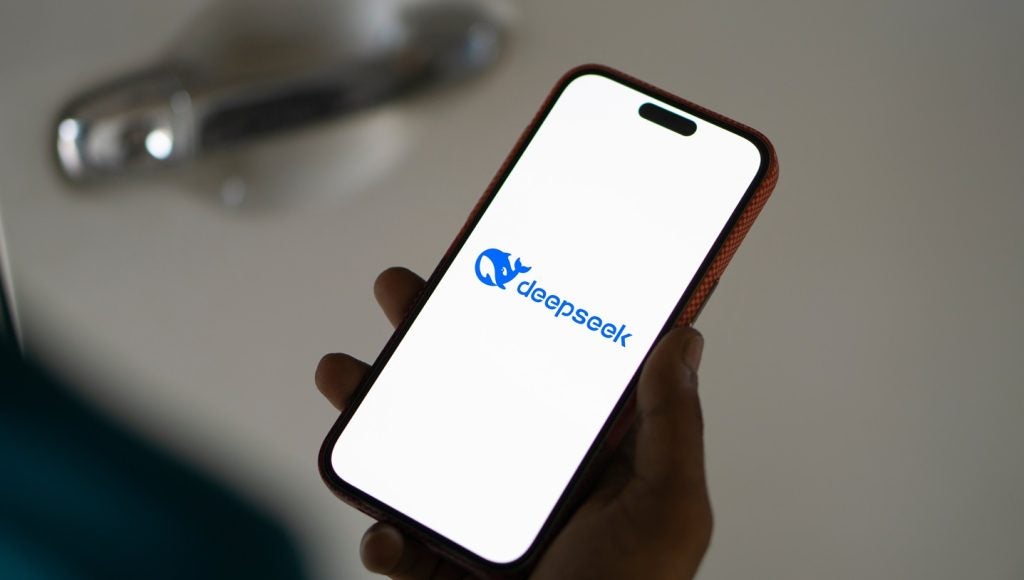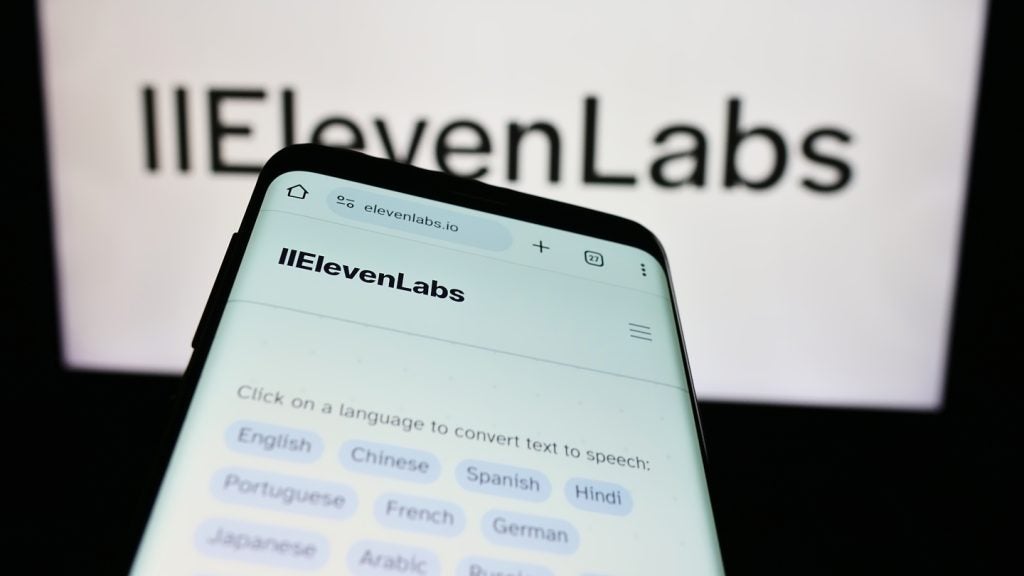A number of new FinOps tools is coming to light in recent months, driven by the industry’s leading cloud platform providers that are recognising a mounting movement among enterprises looking to get a handle on rising cloud costs.
Companies globally are setting up internal FinOps practices at a steady clip. While FinOps initiatives only came to light a couple of years ago, the practice is quickly catching on. DevOps teams under increased pressure to verify that modern applications are being deployed most efficiently and cost-effectively are seeking advanced monitoring and cost optimisation tools.
FinOps, short for financial operations, refers to sets of cloud cost management tools. The practice encompasses a relatively new operational framework and initiative being more broadly recognised among enterprises undergoing digital transformations by migrating applications to the cloud and/or creating cloud-native apps.
FinOps was initially prompted by the need to help companies rein in the complexities of managing multi-cluster Kubernetes deployments at scale, evolving a higher calling of tackling out of control cloud spending associated with distributed applications and workloads. Ensuring high levels of insight and best practices into how resources are being allocated, consumed, and managed has not been easily achieved, making it difficult to effectively economize new digitisation investments.
In fact, new reports are lately springing up describing companies back-peddling from hosting workloads on public cloud back to on-premises under the latest cloud repatriation trend, largely triggered by cloud resource and cost optimisation concerns.
How unified new tools will be in a multi-cloud world is yet to be seen. Cloud providers offer varying degrees of cloud cost containment tools and consoles, therefore GlobalData just released a state of the FinOps market report, highlighting prominent FinOps solutions. Technology providers include Google, AWS, Microsoft, IBM, Oracle, and Red Hat.
How well do you really know your competitors?
Access the most comprehensive Company Profiles on the market, powered by GlobalData. Save hours of research. Gain competitive edge.

Thank you!
Your download email will arrive shortly
Not ready to buy yet? Download a free sample
We are confident about the unique quality of our Company Profiles. However, we want you to make the most beneficial decision for your business, so we offer a free sample that you can download by submitting the below form
By GlobalDataUltimately, the practice of FinOps will eventually fall under the umbrella of key DevOps initiatives, likely addressed through application platforms which consolidate intelligent automation, observability, AIOps solutions and increasingly FinOps tools as well. These platforms will be supported by low-code and GenAI-enabled tools. (AIOps is a term referred to by enterprise IT ops teams as operationalising the AI model.)
These newest forms of application platforms are getting a boost from generative AI (GenAI) for its ability to simplify machine learning (ML) algorithm creation and implementation required to monitor and analyse the effects of the modern application lifecycle on an organisation’s computing environments. Adding FinOps to the mix of these comprehensive solutions lends credibility in the form of financial accountability through increased transparency.
The concept of FinOps gained in significance this summer when the FinOps Foundation released the first version of its FinOps Open Cost and Usage Specification (FOCUS) 1.0, an open-source software initiative meant to provide the industry with a unifying format for delivering cloud bills during its annual conference. Of particular importance to FOCUS is the fact that most of the industry’s cloud leaders, including Microsoft, Google, and Amazon, have rallied behind the technology and launched native support for FOCUS. The win for enterprises is that the new initiative holds the promise of providing IT operations teams and financial practitioners with greater visibility into cloud costs, cost analysis, improved business processes efficiencies, and cost optimisations.








Related Company Profiles
Google LLC
Microsoft Corp
Oracle Corp
Red Hat Inc